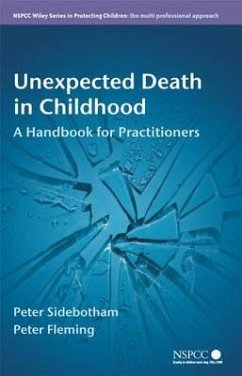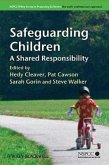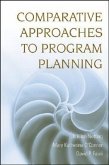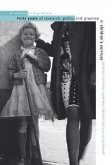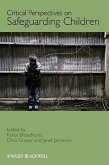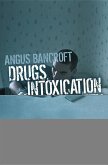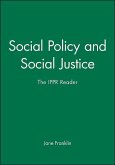Unexpected death during childhood is a rare occurrence in the western world. These deaths may occur as a result of sudden illness, accidents, or through maltreatment. Whatever the cause, each death is a tragedy for the family and all those involved with them. Professionals from all the caring agencies have a responsibility to help those families, offering support, investigating the cause of death, providing information, and above all seeking to prevent deaths in the first place. Sadly, the trauma experienced by families is all too often exacerbated by inappropriate or incompetent professional responses. The devastating consequences of getting it wrong have been clearly highlighted in recent court of appeal cases where previous convictions have been overturned. Both families and professionals suffer as a result. In the words of Baroness Helena Kennedy, "it is every family's right to have their baby's death properly investigated". However, this is an area where professionals often feel ill equipped and unprepared. Unexpected Death in Childhood explores the new guidelines and legislation in the UK that have placed further responsibilities on agencies to work together to review all child deaths and to respond appropriately to unexpected deaths in childhood. It is split into three sections; Understanding Childhood Death, Responding when a child dies and Learning lessons. The first section provides essential background knowledge on the causes and patterns of childhood death, drawing extensively from the most up to date scientific literature. Part two provides practitioners with the skills needed to respond to unexpected childhood deaths in a systematic yet sensitive manner. The final section covers processes needed to learn lessons from childhood deaths. Various practical tools and protocols are provided as appendices which are also available on the companion website (insert website address here). With many professionals finding themselves having to put procedures in place with little training or experience, this handbook is essential in providing practical advice. Unexpected Death in Childhood is part of the NSPCC Wiley series in Safeguarding Children - The Multi-Professional Approach
Hinweis: Dieser Artikel kann nur an eine deutsche Lieferadresse ausgeliefert werden.
Hinweis: Dieser Artikel kann nur an eine deutsche Lieferadresse ausgeliefert werden.

